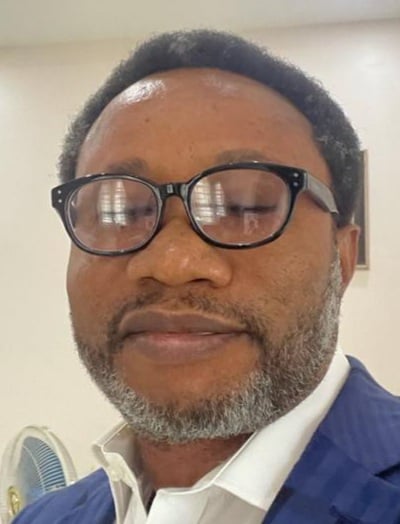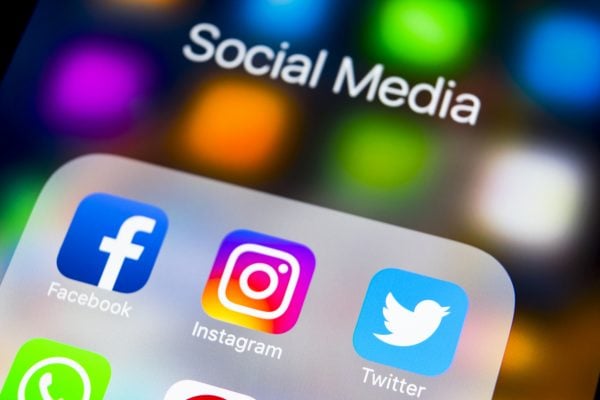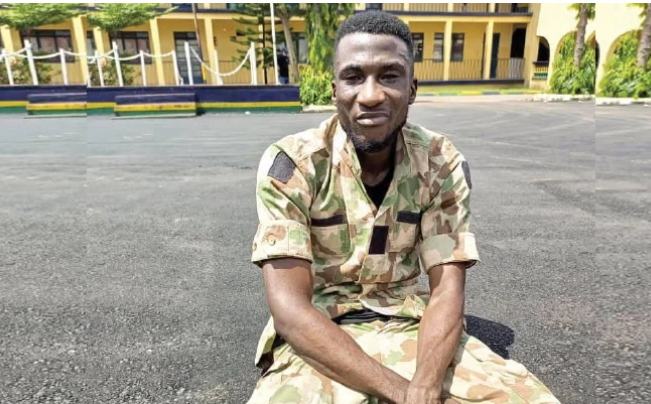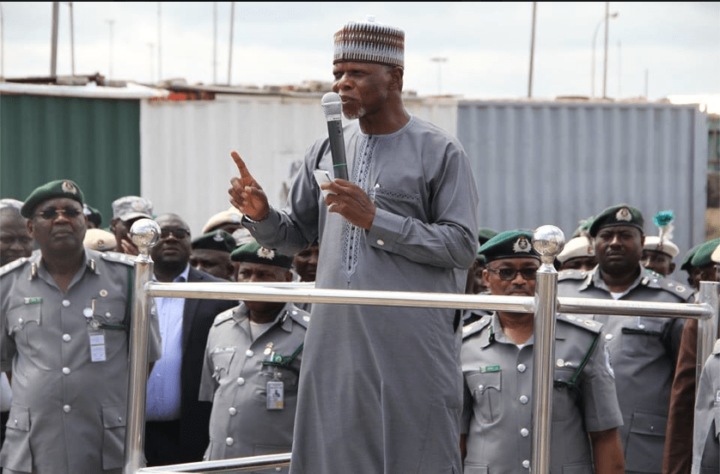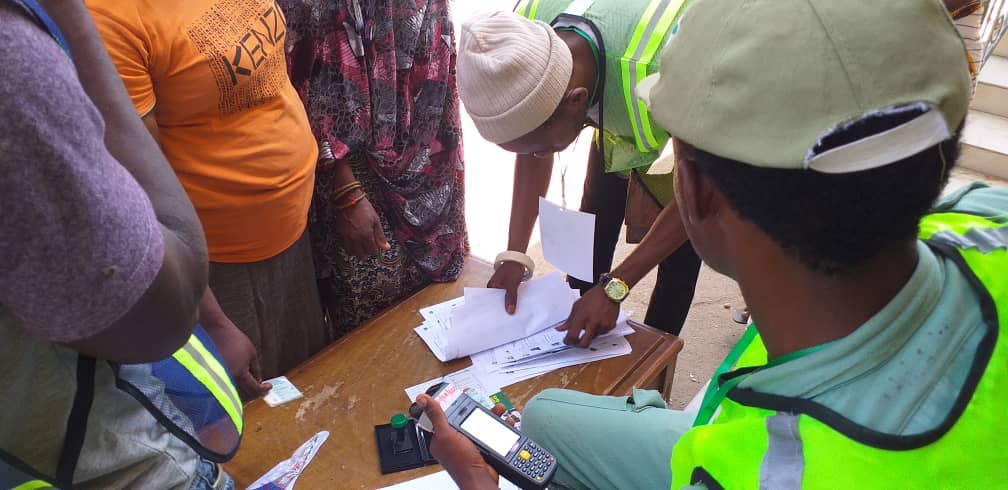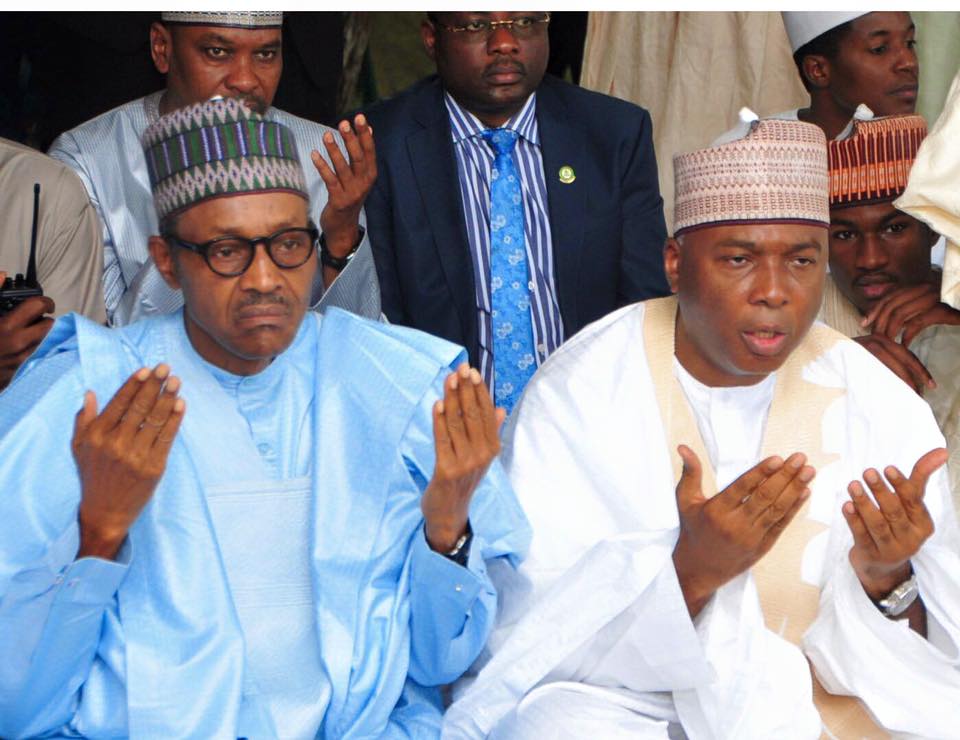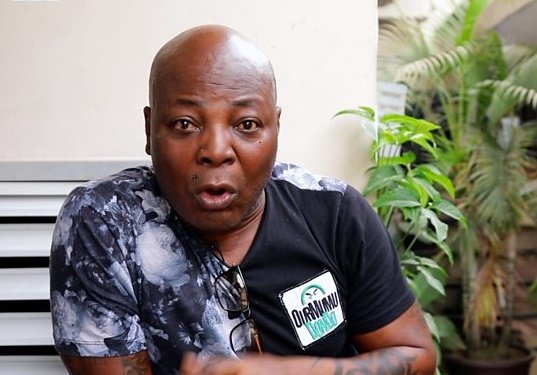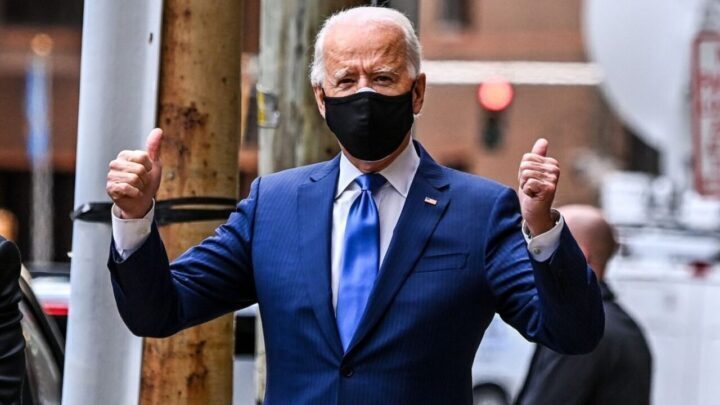In contemporary Nigeria, life has become a consistent tide of one week, one storm. The country seems to be one big cauldron of controversies dealing in stoking storms of news-breaking, polity-heating incidents. We barely digest the serving of a week’s headline crisis before we wake up to another week of fresh debacle. As some non-state actors in society are brewing daily newsy crises, especially as agents of nonstop insecurity epidemic, the government is also contributing its quota to the heating up of the polity. Before we knew it, Nigeria lately found itself in the eye of an explosive social media storm, pitching the Federal Government against Twitter in a holds-no-barred skirmish!
What really provoked the FG-Twitter hostility is already public knowledge. First, Twitter had, after receiving online petitions from concerned Nigerians, deleted tweets and videos of President Muhammadu Buhari making threats of war-like punishment to arsonists, secessionists and agitators in the South-East part of the country after he blamed them for attacks on government infrastructure such as police stations, judicial buildings and INEC offices. No doubt, the president’s referencing of Nigeria’s genocidal civil war and threatening to deal with the South-East agitators “in the language they understand” sounded to most Nigerians as a form of hate speech and violated Twitter’s rule on ‘abusive behaviour’ on its platform.
Thus, Twitter deleted the offensive presidential tweet just as the Federal Government impulsively reacted with a vengeful military-like veto. The Nigerian blogosphere was spontaneously jolted to animated indignation, with many Nigerians alleging dictatorship and abrogation of Nigerians’ right to freedom of expression and access to information that Twitter and other social media represent. Indeed, the allegation that FG’s anti-Twitter action amounts to violating the people’s rights to freedom of expression and access to information might be valid. This is because Twitter deleting President Buhari’s tweet should be a personal issue between Twitter and the president, and not one that should involve all Nigerians in a collateral confrontation. Experts opined that the president ought to have expressed his protest or grievance to Twitter directly, while leaving the platform open to other Nigerians to continue using to access information and express their thoughts. For instance, when the same Twitter during the 2020 US elections deleted former President Trump’s offensive tweets and later deactivated his Twitter account totally, Twitter service was not banned in America! Americans were neither punished for the tweeting ‘sins’ of Trump, nor forced into a national solidarity boycott of Twitter.
Some commenters have argued that the FG’s action is not unprecedented or outrageous, as they cited governments of China, North Korea, Russia and few others previously banning Twitter in their countries. What those commenters have conveniently ignored is the fact that Nigeria is a democracy and not a communist state like China and the like. If we accept that we are a democracy, then our government must uphold and operate by the norms of constitutional democracy. One of the democratic norms is the freedom of expression as a cardinal right of all citizens, which is enjoyed in all democratic societies.
Advertisement
Today, Twitter, Facebook, Instagram, WhatsApp, YouTube and other social media platforms are widely regarded as institutional enablers of an open society and democracy, because they facilitate the flow of information, freedom of expression and exchange of ideas globally. Any state action that censors the free flow of information on any social media platform, without valid reasons, is therefore considered as anti-democracy, anti-human rights and anti-open society.
Obviously, that cannot be the kind of society we want Nigeria to be.
Perhaps, it is pertinent at this point to refresh our collective memory that the same Twitter that President Buhari has dealt a sledge hammer of embargo today was useful to his historic election in 2015. It is common knowledge that the president had unsuccessfully contested for the office of president three times before winning the election at the fourth attempt. Prior to that unprecedented electoral victory of 2015, no opposition presidential candidate or political party had defeated the incumbent before in Nigerian civil electoral history. But President Buhari and his party APC made history by defeating the incumbent presidency of Goodluck Jonathan and his PDP party.
Advertisement
How did that landslide electoral upset happen? Social media, including Twitter, played a pivotal role! Aside other political factors at play, the leveraging of social media to capture the Nigerian youths at that time of massive campaigns also went a long way to smooth GMB’s path to Aso Rock. For instance, the then Candidate Buhari was during the 2015 election campaigns brought to a tech-savvy youthful audience in Lagos where journalist and social media celebrity-turned presidential aide, Tolu Ogunlesi, interviewed the former military head of state. It was reported that after the interview, Candidate Buhari took a selfie with his interviewer and the youthful audience, and it was tweeted immediately. That tweet proved to be a game-changer as it got 2 million retweets! The rest is history.
However, the foregoing argument that the suspension of Twitter by Buhari government amounts to biting the finger that fed it and censoring citizens’ right to freedom of expression and access to information does not mean that social media should not be regulated in Nigeria. The directive that Over The Top (OTT) and social media platforms operating in the country must henceforth register with the Corporate Affairs Commission and also be licensed is in order and in conformity with global trends. This is because OTT like Netflix, Amazon Prime Video, TikTok and social media platforms like Twitter, WhatsApp, Facebook, Instagram and YouTube, despite being content-sharing and social networking channels, are also private profit-oriented organizations that are making billions of dollars from content and advert revenue.
Actually, it is not a secret anymore that OTT and social media platforms are highly profitable businesses that connect users and other market players in ways that were not possible before the coming of the Internet. In what has been called ‘surveillance capitalism’, today’s social media platforms operate as for-profit businesses that rely on the gathering and monetization of personal data of their users. As these digital platforms gather user data, they generate potent feedback loops called network effects which they monetize by selling online advertisements. With users of the social media platforms spread all over the world, the revenue they generate from targeted online advertising can be better imagined than calculated!
So, it is expected that such private organizations that are making money in a country, no matter the kind of service they provide, must contribute to the economic growth of their host. Today, there are said to be over 28 million social media users in Nigeria who not only use social media for chatting, social networking and keeping abreast of trending news in and outside Nigeria, but also to build and grow their businesses. As millions of Nigerians use and benefit from the various social media platforms, the latter also rake in massive revenue in billions on content and advertising. Wouldn’t it be sensible and responsible, therefore, that the social media should be registered and licensed in Nigeria, or even open offices in Nigeria and pay due taxes as any other business concern?
Advertisement
But aside the business perspective to social media platforms, their regulation by government may also be in order because of some excesses associated with them. Generally, social media can be a force for both good and evil. While the digital platforms facilitate the freedom of expression and access to information, they are also prone to negative content channeling such as extremism, violence, terrorism, cyber-bullying, revenge porn, racism, child abuse and so on. There is a compelling necessity to protect social media users from those harmful content, and since self-regulation by the social media platforms is often not effective or enough, government regulation becomes imperative.
Today, it is no wonder that many governments are regulating the operations of OTT and social media in their countries. For example, Singapore has the Infocomm Media Development Authority (IMDA) that requires digital service providers to be licensed to operate, with provision of a content code for OTT, classification of content, parental lock and age verification, and so on. In Australia, there is an ‘eSafety Commissioner’ for matters related to digital media, and the country passed the Sharing of Abhorrent Violent Material Act in 2019, introducing criminal penalties for social media companies. In the United Arab Emirates, international OTT platforms are mandated to work with licensed telecom companies. In the USA, a proposal was made in 2019 prescribing a new regulatory framework to monitor unregulated harmful online content, although the US Federal Communications Commission (FCC) once said that the regulations were “unnecessary and heavy-handed” and anti- investment. Also, the European Union (EU) in April 2016 introduced the General Data Protection Regulation (GDPR) that regulates how all digital platforms store and use people’s data.
In view of the above-mentioned examples and many other countries which have been regulating social media, Nigeria would not be an exception in doing so.
If indeed social media platforms are our modern village squares for enabling public dialogue and exchange of ideas, then the platforms should be open to due accountability, especially as they are also making money. However, the need to balance the dynamics of engagement comes in government drawing a line between sincere regulations of the digital platforms for societal interest on one hand and other hand, blackmailing, intimidating and suppressing the platforms in political orchestrations that would amount to denying Nigerians their rights to freedom of expression and access to information.
Advertisement
Ade Olabode
Advertisement
Add a comment
